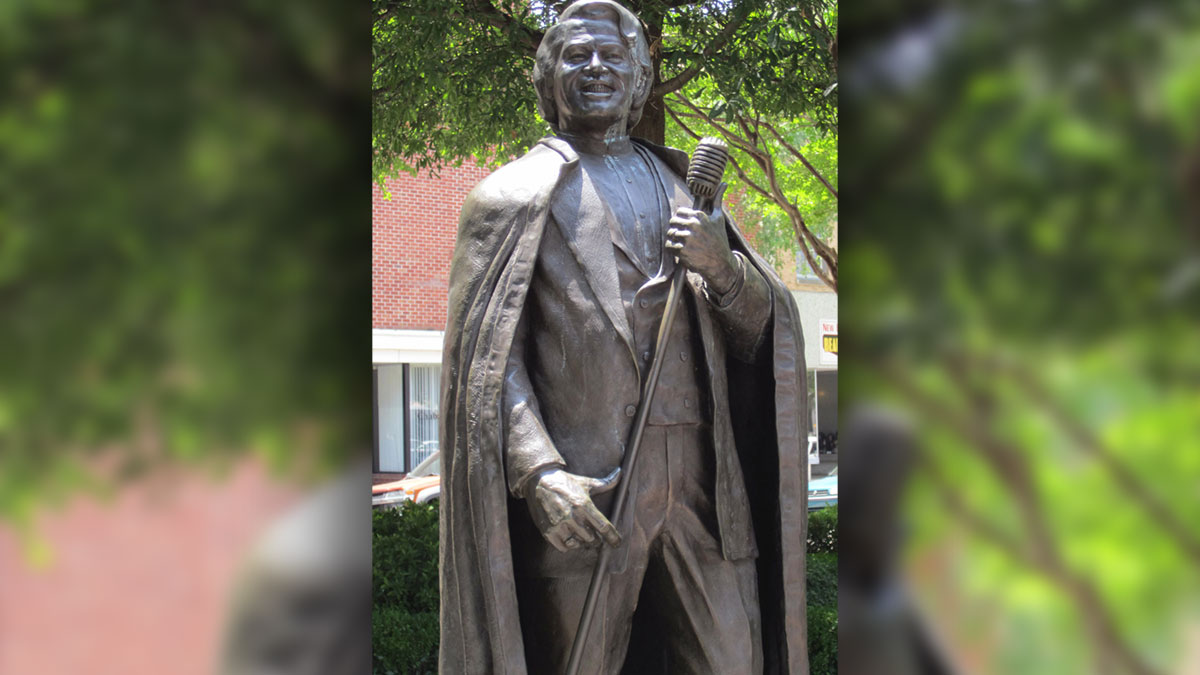
Nov. 9, 1968

Singer James Brown, the “Godfather of Soul,” gave movement to the civil rights movement with his song, “Say It Loud — I’m Black and I’m Proud (Part 1),” which hit number one on this day on the R&B charts for a record sixth straight week.
“Various musicians in the 1960s tapped into yearnings for black assertiveness, autonomy and solidarity,” Harvard law professor Randall Kennedy wrote. “Curtis Mayfield and the Impressions sang ‘We’re a Winner.’ Sly and the Family Stone offered ‘Stand.’ Sam Cooke (and Aretha Franklin and Otis Redding) performed ‘A Change is Gonna Come.’ But no entertainer equaled Brown’s vocalization of Black Americans’ newly triumphal sense of self-acceptance.”
Brown saw 17 singles go to number one. Rolling Stone ranked him as one of the greatest music artists of all time, and he became an inaugural member of the Rock and Rock Hall of Fame. The movie, “Get On Up,” tells his story, and a statue was built in his hometown of Augusta, Georgia, to honor Brown, who died in 2006.

